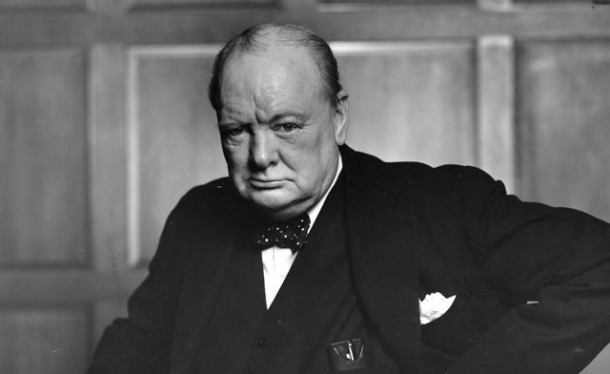THUNDER BAY – HISTORY – On January 24th in history, former British Prime Minister Sir Winston Churchill died.
Churchill is best known for his leadership in Great Britain during World War Two. After spending much of the preceding decade exposing to the British Parliament, Germany’s growing arms expansion, and in many cases being called down as a warmonger, when the war broke out, on 3 September 1939, the day Britain declared war on Germany, Churchill was appointed First Lord of the Admiralty and a member of the War Cabinet, as he had been during the first part of the First World War. When they were informed, the Board of the Admiralty sent a signal to the Fleet: “Winston is back.”
On 10 May 1940, hours before the German invasion of France by a lightning advance through the Low Countries, it became clear that, following failure in Norway, the country had no confidence in Chamberlain’s prosecution of the war and so Chamberlain resigned. The commonly accepted version of events states that Lord Halifax turned down the post of prime minister because he believed he could not govern effectively as a member of the House of Lords instead of the House of Commons. Although the prime minister does not traditionally advise the King on the former’s successor, Chamberlain wanted someone who would command the support of all three major parties in the House of Commons. A meeting between Chamberlain, Halifax, Churchill and David Margesson, the government Chief Whip, led to the recommendation of Churchill, and, as constitutional monarch, George VI asked Churchill to be prime minister. Churchill’s first act was to write to Chamberlain to thank him for his support. (Source: Wikipedia)
Churchill gave many famous speeches.

